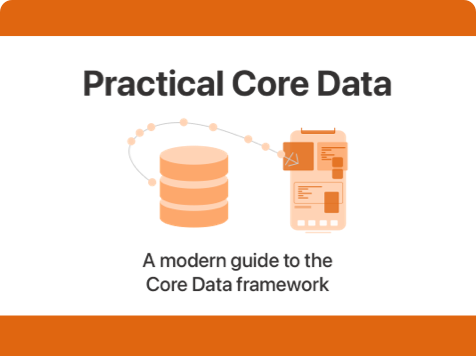Testing your push notifications without a third party service
Published on: December 13, 2019Many apps rely on push notifications to inform their users about interesting updates, important events, or interactions on social media that a user probably wants to know about. It’s the perfect way to grab your users’ attention and inform them about information they are likely interested in. To send push notifications, a lot of companies […]
Read post

